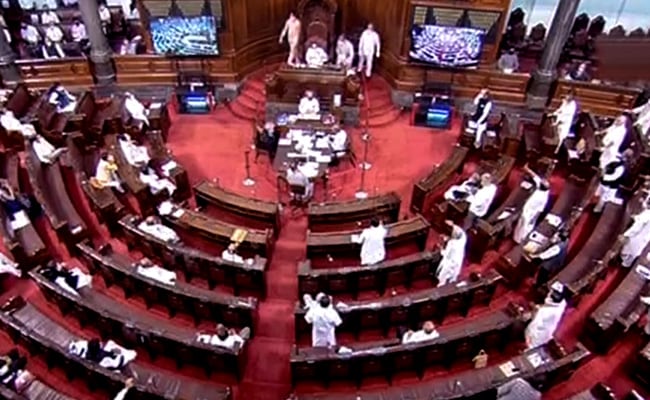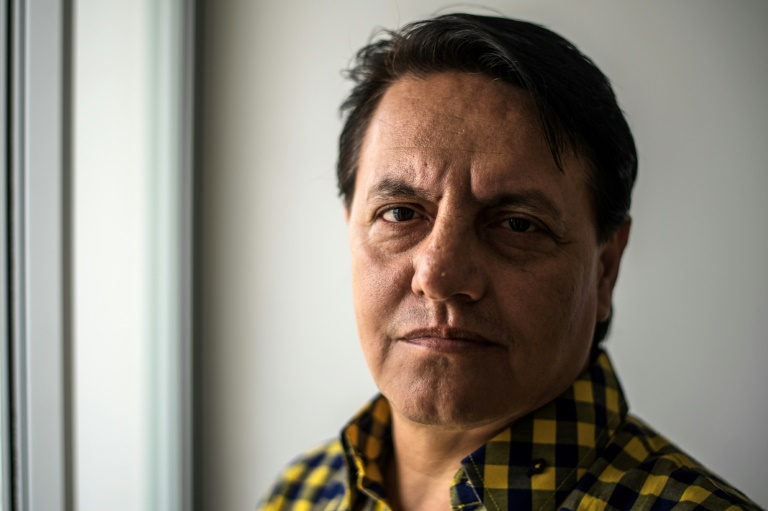New Delhi:
In a move likely to trigger a fresh face-off between the Executive and the Judiciary, the Centre is set to push a legislation that will exclude the Chief Justice of India from the process to appoint the country’s top election officers.
The Chief Election Commissioner and Other Election Commissioners (Appointment, Conditions of Services and Term of Office) Bill, 2023, about to be introduced in Rajya Sabha today, proposes that the polling officers shall be appointed by the President on the recommendation of a panel comprising the Prime Minister, Leader of Opposition in Lok Sabha and a Union Cabinet Minister nominated by the Prime Minister. The Prime Minister will chair the panel, it says.
The Bill, in effect, aims to dilute the Supreme Court’s March 2023 judgment in which a Constitution bench held that the appointment of Chief Election Commissioners and Election Commissioners shall be done by the President on the advice of a panel comprising the Prime Minister, Leader of Opposition and the Chief Justice of India.
The judgment, however, mentioned that this arrangement would continue till Parliament came out with a law.
This Bill sets the stage for a fresh confrontation between the Supreme Court and the Centre.
From judges’ appointments to controversial laws such as Delhi services Act, the centre and the Supreme Court have been locked in a tussle over several issues.
In the Delhi matter, the Supreme Court ruled that the Delhi government will control all services in the national capital, except land, public order and police. The centre sought a review and brought an ordinance to regain its control on Delhi. Once Parliament met, it used its numerical strength to get an Act passed to replace the ordinance.
The Executive and the Supreme Court have also differed in their positions on issues such as the basic structure doctrine – simply put, it means the Constitution has a basic structure that cannot be changed by Parliament.
The latest example of this difference was a statement by Justice Ranjan Gogoi, former Chief Justice of India and now a nominated Rajya Sabha member.
“Having read the book, my view is that the doctrine of the basic structure of the Constitution has a very debatable jurisprudential basis. I would not say anything more than this,” he said.
In response, Chief Justice of India DY Chandrachud, who has in the past described the basic structure doctrine as a “north star” that guides interpreters and implementers of the Constitution, responded to his former colleague’s remark. He said once judges demit office, whatever they say is just opinion and not binding.







